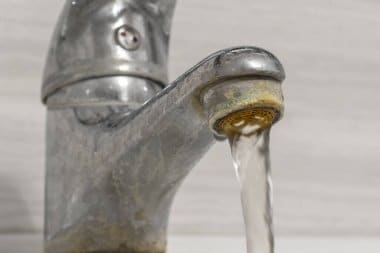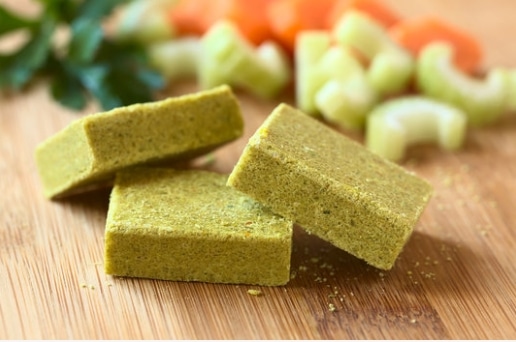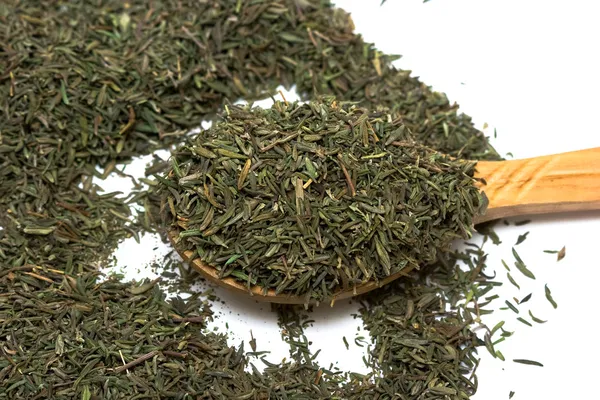This article discusses the health effects of hard water, and provides answers to common questions about the safety of using hard water.
How can water be hard? Some people might assume that hard water refers to ice, as that is water in its solid form. But hard water looks and feels like regular water. In fact, anybody reading this must have used hard water at some point in their life. But what is hard water?
What Is Hard Water?
Hard water is referred to as water that contains high amounts of calcium and magnesium. While regular water contains these minerals, too much of it in water can affect the quality, resulting in a ‘hardness’. This hardness makes the water leave a mark on surfaces and makes it difficult to wash with.
Most of the water we use every is ‘soft’. This is because it has less concentration of minerals. This kind of water is good for washing and doing a lot with.
Telling if your water is hard is very easy if you can observe the following signs
- Stains on your sink or bathtub: The stains might be whitish and are caused by the excess minerals in the water.
- Stains on your clothes: Using hard water to wash clothes could also result in stains on the clothes. This could eventually cause the clothes to fade or wear out fast.
- Soap does not lather: If you are finding it difficult to get your soap to lather in the water, then the water may be hard. Due to the concentration of hard minerals, it is usually difficult for soap to lather in it.
These are some of the common signs of hard water, and they are very easy to detect.
Is Hard Water Bad?
Hard water is not bad, although it may not be used for many things. People would prefer to use soft water for their daily duties, like bathing or washing clothes. But this does not mean that hard water is bad as it is not poisonous and has not been considered unsafe for drinking. There are no side effects of drinking hard water and you may continue to consume it as you like.
Caution around hard water only needs to be applied when using it, such as for bathing or washing. Using soft water on your skin could result in skin irritation. It could also leave your skin feeling dry and may result in patches on the skin. If you use hard water for bathing, there is a good chance that your body would not be clean as it would be very difficult to get the soap to lather. Hard water also affects the hair and could result in hair thinning or breakage.
Using hard water on your clothes could make them spoil fast. This is because soap would still be on the clothes even after rinsing. The hardness of the water could cause the cloth to lose its strength and start tearing. If you use hard water to wash your utensils, you would notice spots on them. These spots are just the excess minerals that are on the plate.
If you use hard water, there is a high chance of your appliances breaking down faster. This may be caused by a build-up of the hard minerals. This could affect your pipes, showerheads, faucets, water heater, washing machine, and so on.
Are There Any Health Effects of Hard Water?
Generally, there are no serious negative health effects associated with drinking hard water. Nonetheless, there are some downsides to using hard water for bathing. Using hard water to bathe can cause dry skin and hair. If you use hard water to wash your hair often, that can cause your scalp to be itchy.
In addition, some research suggest that the minerals in hard water can change the pH balance of your skin, and weaken it’s barrier against harmful bacteria and infections. It has been said to increase the risk of atopic dermatitis.
Can Hard Water Be Treated?
Yes, hard water can be treated and made soft. This can be done by using a water softener. The water softener would remove the hard minerals from the water right from the source before the water makes its way into the house. This leaves you with soft, usable water.
YOU SHOULD ALSO READ:
- 7 Worrying Health Effects of Late-night Sleeping
- The Health Effects of E-waste in Nigeria
- 5 Health Effects of Carbonated Drinks on the Body
- 5 Must-Know Health Effects of Junk Food
- 8 Adverse Health Effects of Prolonged Sitting
- 5 Unknown Health Effects of Eating Cold Food
- Adverse Health Effects of Smoking Shisha
- 6 Unknown Health Effects of Air Pollution in Nigeria
Collins Nwokolo is a human physiologist, writer and health enthusiast. He loves writing helpful articles on health and fitness, which he enjoys sharing with everyone.








